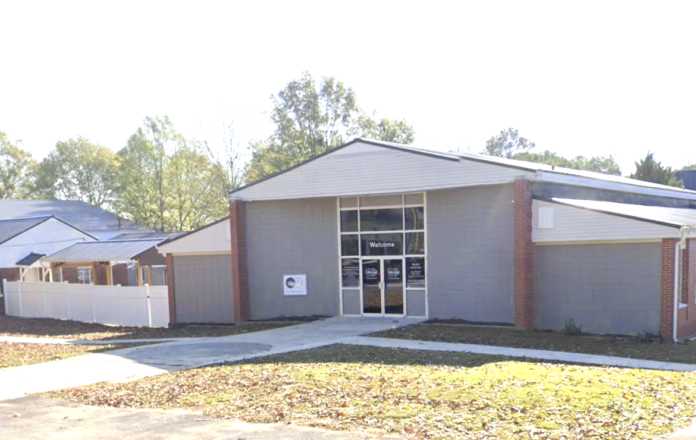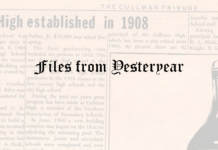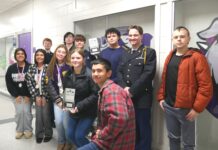
CULLMAN, Ala. – Temperatures began to plummet on Monday, Jan. 15, and Cullman County quickly succumbed to the freezing point as roads, vehicles and lawns slowly became encased in ice. Many residents in Cullman County rely on electric heat, either through heating units that are controlled and heat their entire home, or space heaters designed to heat up quickly and maintain heat in a small area; both of those heat sources become obsolete in the event of a power outage. For some homeowners with poorly insulated homes, a power outage and losing a heat source could be deadly.
The Link of Cullman County, partnered with Voluntary Organizations Active in Disaster (VOAD), worked to find volunteers to staff its facility in order to operate as a warming station. Calls for volunteers were made as the forecasts and predictions from local meteorologists showed an increasingly high risk of frigid temperatures and winter precipitation.
Opening to the public on Monday, Jan. 15, proved to be a difficult task, as roads had worsened and iced over to the point that many of The Link’s volunteers had no way to safely make it to the warming station. Cullman County EMA Director Tim Sartin eventually declared all roads in Cullman County impassable and said only necessary travel should be attempted, urging all residents to stay off the roads. When volunteer staff could not make it to the shelter in a safe way, the residents who had been utilizing the shelter were loaded and transported by VOAD volunteers to a nearby warming station, the Hanceville Civic Center.
The Link Executive Director Melissa Betts spoke of the reasons for the closure, stating, “We prepped volunteers to come and go every four to six hours; we were only expecting cold temps when we set our structure. Some of the other stations only had a couple of volunteers to stay all night, but we had a large response of helping hands. When the ice and snow started, we were informed by EMA that roads would get bad quickly. Our site didn’t have meals planned or volunteers who could stay all night, into the next day, until things cleared up. So, we worked with VOAD organizers and set plan B in motion. Two of our staff live near the facility. They both went in and coordinated food distribution, supplies and connected one person who came to our warming station to another station. We transported them and ensured they were safe and warm.”
Betts said she hopes that this experience will prepare the team for future times of need, expressing, “We are a part of VOAD. This event was a wonderful opportunity for us to all work together, find our strengths and lean into them. Also, to find our weaknesses and make a plan for our next event.”
Copyright 2024 Humble Roots, LLC. All Rights Reserved.






















